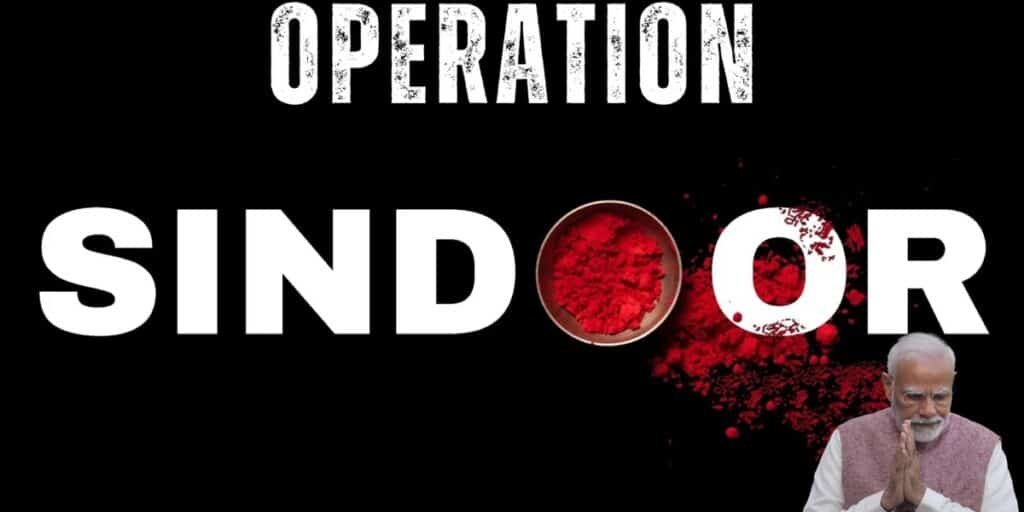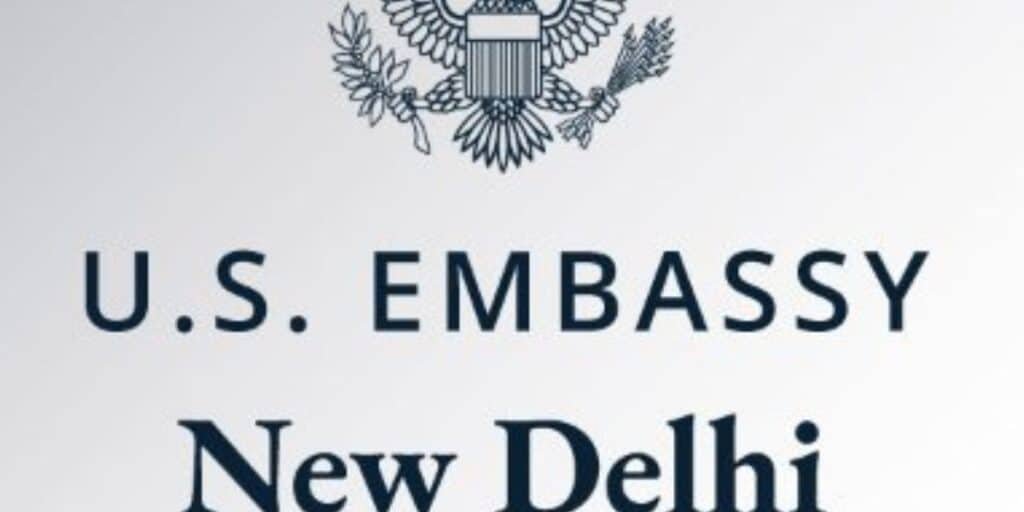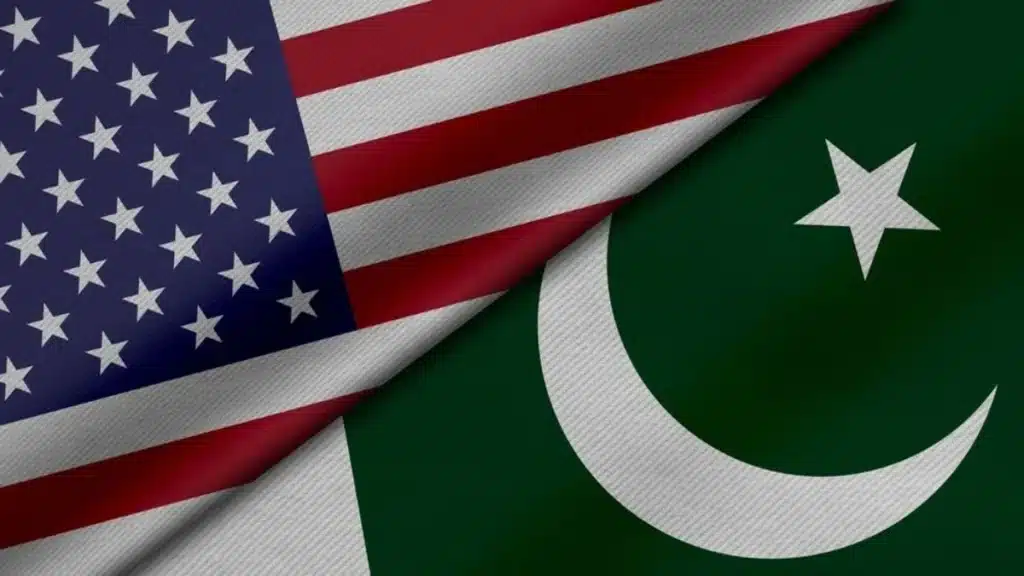WEBDESK: India’s Operation Sindoor, launched in retaliation to the Pahalgam terror attack, has exposed more about the Modi government’s political obsessions than it has achieved in securing national interests. If any lesson is to be drawn from this episode, it is that loud, muscular posturing and selective military ventures do little to serve long-term security and often backfire diplomatically.
Operation Sindoor: India’s Reckless Escalation With Nothing to Show
From the outset, Operation Sindoor was less a strategic military campaign and more a stage managed political event. The operation, named with unmistakable patriarchal and religious symbolism, seemed tailored for domestic consumption. Predictably, it was met with high-decibel nationalist chest-thumping within India’s media and ruling party circles. But beyond India’s borders, the world remained sceptical.
The stark reality is that despite India’s claims of surgical precision and technological superiority, the operation delivered no decisive military gains. No prisoners of war were taken. No weapons captured. No conclusive evidence of neutralised terror masterminds presented. Instead, India circulated unverified images of destroyed drones, airstrips, and mass burials all of which await independent scrutiny.
Even more concerning is the government’s silence over its own military losses. While the Indian public was fed tales of triumph, credible reports from diplomatic channels, including India’s own defence attaché to Indonesia, revealed that Indian forces suffered serious setbacks on the very first night of the conflict. These losses, attributed to politically imposed restrictions on military decision making, remain unacknowledged by New Delhi.
Equally troubling is the unresolved security failure in Pahalgam itself. Despite claiming to operate one of the world’s most heavily militarised regions, Indian authorities have yet to apprehend a single perpetrator from the terror attack. Instead, what followed was the routine arrest of so called ‘Pakistani infiltrators’ conveniently scapegoated without firm evidence connecting them to the crime.
On the diplomatic front, Operation Sindoor proved to be a diplomatic blunder. India’s all-party delegation, hurriedly dispatched on a global tour to gather support, returned empty handed. Most countries reaffirmed their general opposition to terrorism but stopped short of endorsing India’s position against Pakistan. Worse, while India was busy parading nationalist rhetoric, Pakistan secured a $2.1 billion IMF bailout, additional financial packages from the World Bank and Asian Development Bank, and retained its key position within the United Nations Counter Terrorism Committee.
The message from the international community was clear: India’s isolated, belligerent posturing is no substitute for coherent diplomacy and credible evidence. Even the United States, often considered a strategic ally, publicly acknowledged Pakistan’s ‘phenomenal role’ in counterterrorism efforts, while China hurried to supply advanced fighter aircraft to Islamabad weapons India itself does not possess.
Domestically, the operation has fuelled a dangerous brand of militant nationalism, emboldening the ruling party’s narrative of a ‘New India’ built on military might and populist slogans. Such jingoism may rally short term political support but risks undermining India’s democratic institutions. By branding every act of terror as an act of war against the state, the Modi






